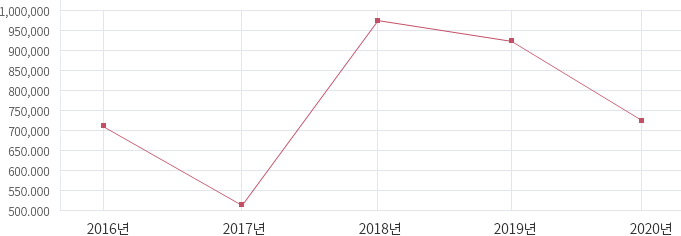Policy
What we do
Our Efforts to Prevent Money Laundering
Three Priorities in Korea’s AML Regime
- Customer Due Diligence (CDD)
- Suspicious Transaction Report (STR)
- Currency Transaction Report (CTR)

Customer Due Diligence (CDD)
First, let’s look into the legitimacy of the customer!
Financial Institutions should take reasonable measures when making transactions with customers by confirming the identity of the customer, beneficial ownership, and purpose of transaction etc.
CDD Measures are Required When
- Opening a new account
- Conducting occasional transactions that exceeds certain threshold*
-
A transaction raises concerns regarding money laundering, such as questionable ownership of the parties involved in transaction etc.
※Certain threshold here refers to KRW 3 million worth of chips at Casino, KRW 1 million for wire transfer, 10,000 USD for foreign currency transaction, and KRW 10 million for other financial transaction.
Suspicious Transaction Report (STR)
When a financial institutions has reasonable grounds to suspect that the funds within the financial transactions (including chip exchanges in Casions) are the proceeds of a criminal activity, or that the financial counterpart is involved in the money laundering activity, they must report to the KoFIU.
Currency Transaction Report (CTR)
When an individual conducts financial transaction above KRW 10 million a day (deposit or withdrawal) through financial institutions, such as bank, securities company, insurance company, etc., the financial institution is required to report such transaction to the KoFIU.
(Threshold extended to KRW 10 million in 2019, from KRW 50 million in 2006, 30 million in 2008, and 20 million in 2010.)
